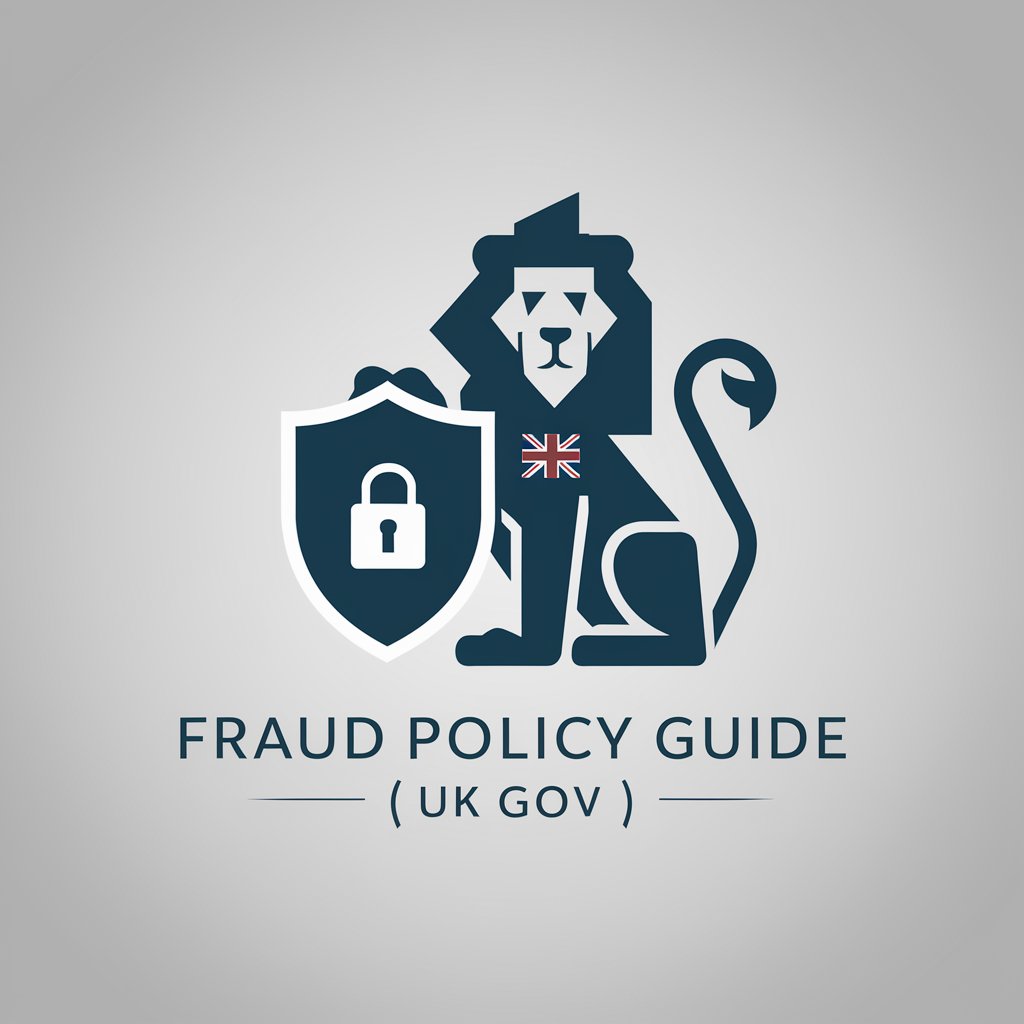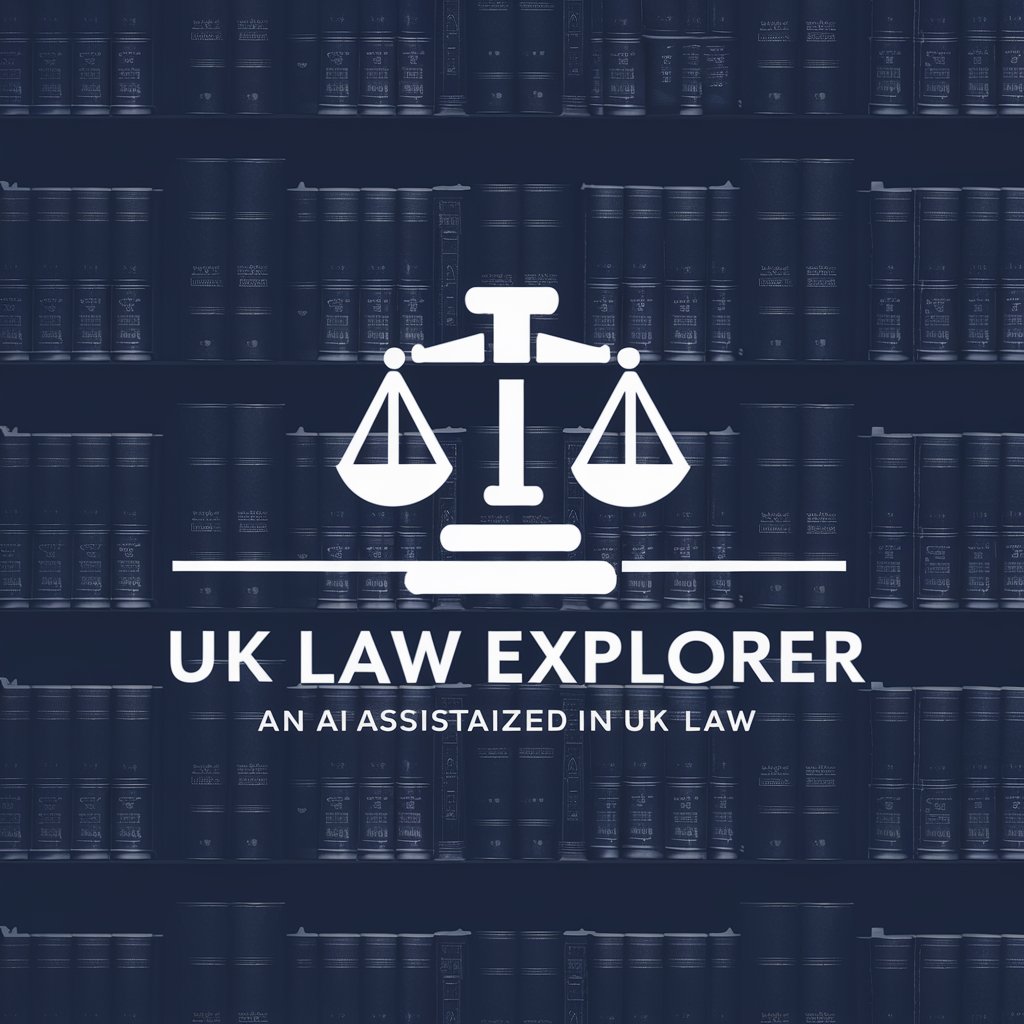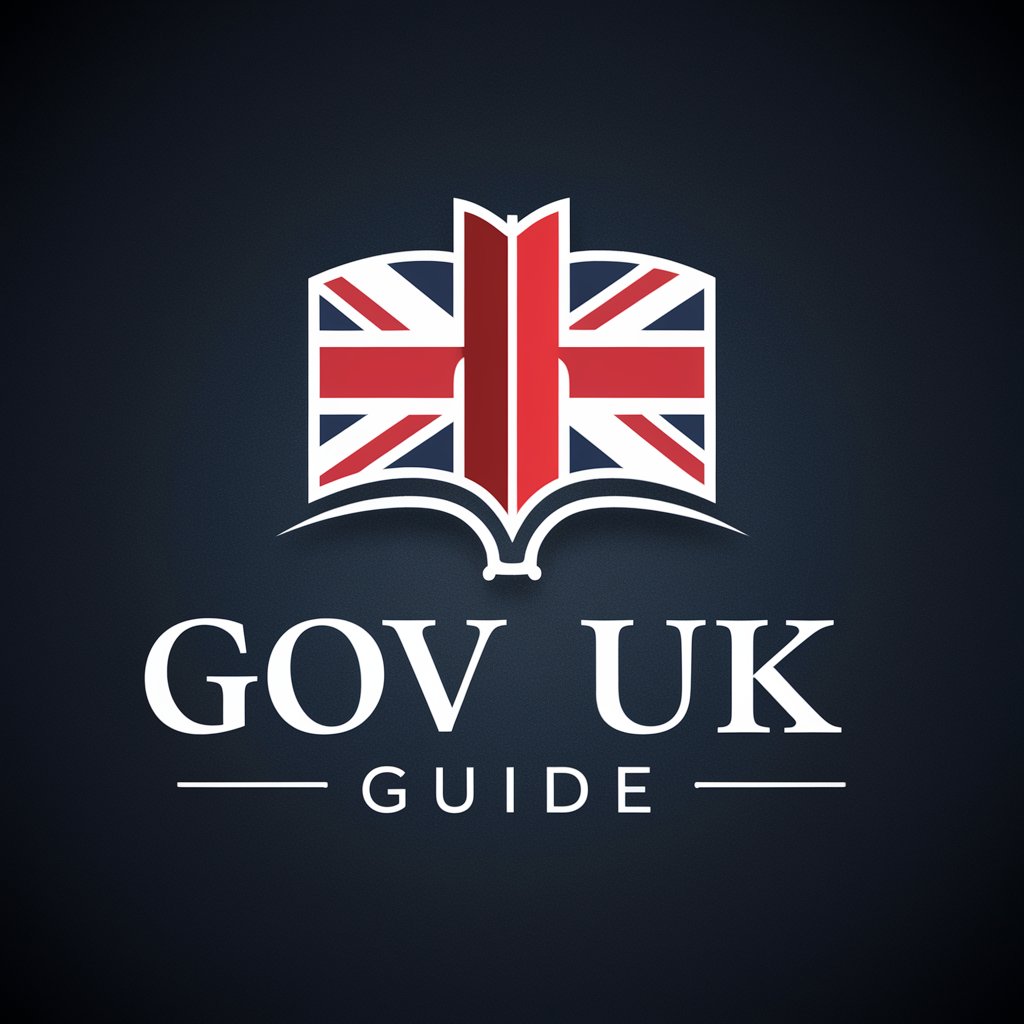
Fraud policy guide (UK Gov) - Comprehensive UK Fraud Guide

Welcome! How can I assist you with UK fraud policy today?
Empowering fraud prevention with AI
Explain the core values outlined in the Civil Service Code that guide the UK government's approach to fraud prevention.
Describe the key principles of the UK Government Functional Standard for countering fraud, bribery, and corruption.
How does the Fraud Act 2006 define and penalize fraud by false representation?
Discuss the role and responsibilities of the senior officer accountable for counter fraud within a government organization as per the GovS 013 standard.
Get Embed Code
Introduction to Fraud Policy Guide (UK Gov)
The Fraud Policy Guide (UK Gov) is designed as a comprehensive resource aimed at enhancing the understanding and enforcement of anti-fraud policies within the UK government framework. Its primary purpose is to offer detailed insights, guidelines, and best practices to prevent, detect, and respond to fraud across all levels of government. This guide incorporates the principles laid out in key documents like 'The Orange Book: Management of Risk – Principles and Concepts,' the 'Fraud Prevention Standard for Counter Fraud Professionals,' and legislation such as the 'Fraud Act 2006.' Examples of its application include scenarios like identifying fraudulent claims in government benefit schemes, ensuring compliance with anti-corruption standards in public procurement, and providing training resources for counter-fraud professionals. Powered by ChatGPT-4o。

Main Functions of Fraud Policy Guide (UK Gov)
Policy Comprehension and Implementation Guidance
Example
Interpreting the 'Fraud Act 2006' to ensure governmental transactions adhere to legal standards.
Scenario
A government department revises its procurement process to incorporate more stringent verification steps, mitigating the risk of fraudulent activities by suppliers.
Risk Assessment and Management
Example
Utilizing the 'Fraud-Risk-Assessment-Standards-2022-03-25' to evaluate and mitigate fraud risks in new government programs.
Scenario
Prior to launching a new grant scheme for small businesses, a comprehensive fraud risk assessment is conducted to identify potential vulnerabilities and implement safeguards.
Training and Capacity Building
Example
Developing training modules based on the 'Counter-Fraud-Investigator-Standards' to enhance the skills of fraud investigators within the public sector.
Scenario
Organizing a series of workshops for local government finance officers to improve their abilities in detecting and responding to fraudulent claims against COVID-19 relief funds.
Ideal Users of Fraud Policy Guide (UK Gov) Services
Government Policy Makers
This group includes individuals involved in drafting, reviewing, and implementing policies across various governmental departments. They benefit from the guide by obtaining a clear understanding of legal frameworks, risk management strategies, and compliance requirements to shape effective anti-fraud policies.
Counter-Fraud Professionals
These are specialists focused on investigating, preventing, and mitigating fraud within public sector entities. The guide serves as a vital resource for staying updated on best practices, standards, and methodologies relevant to their work, thereby enhancing their effectiveness in combating fraud.
Public Sector Managers and Executives
Senior-level officials who oversee the operation and delivery of public services. They utilize the guide to ensure their departments' operations align with anti-fraud principles, safeguarding public funds and maintaining trust in governmental operations.

Using the Fraud Policy Guide (UK Gov)
1
Begin by accessing a comprehensive resource like yeschat.ai for an initial exploration without the need for login or a ChatGPT Plus subscription.
2
Familiarize yourself with the fundamental concepts of UK fraud policies by reviewing the provided documentation, focusing on key legislation and guidelines.
3
Identify specific areas of interest or concern within fraud policy, such as prevention, detection, or legal compliance, to narrow down your research focus.
4
Utilize the search function to locate documents or sections relevant to your query, employing specific keywords related to your fraud policy interests.
5
Engage with the tool's interactive features to ask questions, seek clarifications, or explore hypothetical scenarios to enhance your understanding and application of UK fraud policies.
Try other advanced and practical GPTs
Dehydration
Empowering hydration health with AI

The Stoics
AI-powered Stoic Philosophy Insights

Koreanki-GPT
Empowering your creativity with AI

FunPic Genie
Transform words into visual wonders.

Bugs
Explore the tiny world with AI

Stardew Valley Guide
Your AI-Powered Farming Companion

Physics
Demystifying Physics with AI

Safety
Empowering safety with AI insights.

ChatGBG
Bringing Göteborg's Charm to AI Chat

CRACK USMLE
Master USMLE with AI Insights

Write
Empower Your Writing with AI

Photo Mentor
Enhance your photos with AI-powered analysis.

FAQs on Fraud Policy Guide (UK Gov)
What is the Fraud Policy Guide (UK Gov)?
The Fraud Policy Guide (UK Gov) is a comprehensive tool designed to assist individuals in understanding and navigating the complexities of the UK government's fraud prevention, detection, and enforcement policies.
Who can benefit from using the Fraud Policy Guide?
This guide is beneficial for government officials, legal practitioners, academic researchers, policy makers, and anyone interested in the specifics of UK fraud policies and regulations.
How does the Fraud Policy Guide stay updated?
The guide incorporates the latest documents, official government releases, and updates in legislation to ensure users have access to the most current information on fraud policies.
Can the guide help in understanding specific fraud cases?
Yes, it includes case studies and analytical tools to help users apply theoretical knowledge to real-world situations, aiding in the understanding of how fraud policies are applied in specific contexts.
What are some key features of the Fraud Policy Guide?
Key features include detailed analysis of fraud legislation, access to case studies, interactive Q&A for personalized queries, and guidelines for fraud prevention and management within UK government operations.





